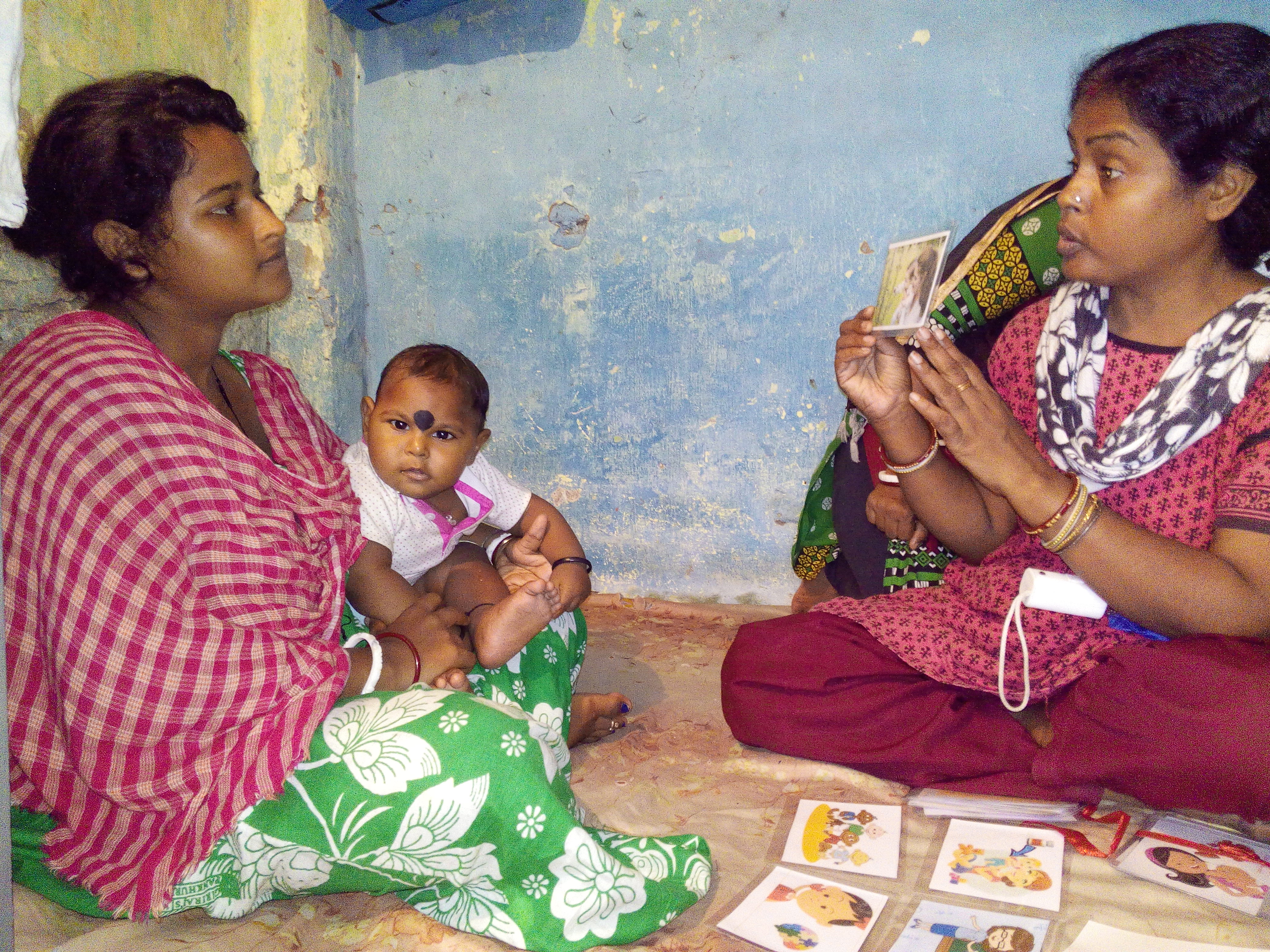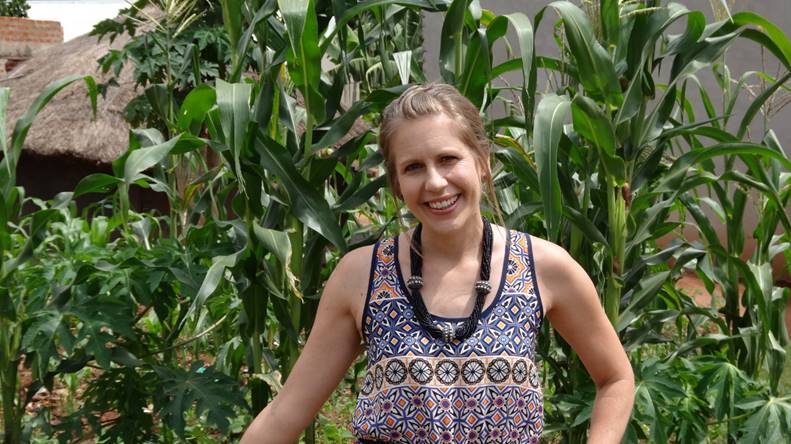Smart phone technology used in remote Indian communities to improve detection and intervention for babies with Cerebral Palsy will be implemented in rural Australia.
University of Queensland researcher Dr Katherine Benfer created “Learning through Everyday Activities with Parents”, a LEAP-CP program that uses video taken on a smart phone to provide early detection and intervention for babies at high risk of Cerebral Palsy.
Dr Benfer said many mothers, due to a lack of awareness or inability to access services, did not know their babies had Cerebral Palsy.
 The program educates mothers of babies with Cerebral Palsy to improve nutrition, motor and cognitive skills without having to travel long distances for rehabilitation.
The program educates mothers of babies with Cerebral Palsy to improve nutrition, motor and cognitive skills without having to travel long distances for rehabilitation.
“We want to provide decentralised care for these children, so they don’t have to travel eight hours on a bus for a one-hour session of physiotherapy and then travel home again,” Dr Benfer said.
“Our aim is to upskill mothers from within the community, and offer therapeutic intervention in the home, so that they can be their baby’s first and best teacher, and consequently provide better outcomes for babies with Cerebral Palsy.”
As part of an Endeavour QEII fellowship, Dr Benfer is working with community and government health workers in Kolkata and rural West Bengal to provide training necessary to upskill health workers to assess and provide intervention for babies at risk of Cerebral Palsy.
“The assessment video is provided using the Baby Moves app which requires a three minute video of a baby’s movements. If the ‘general movement’ pattern is lacking we know the baby is 98% likely to have Cerebral Palsy,” Dr Benfer said.
“We’re training local community workers and so far we’ve found that one-third of the 400 babies in Kolkatta we’ve screened are at high risk of Cerebral Palsy.”
Dr Benfer said once a baby was diagnosed, community workers were able to teach parents active learning therapies to help the child improve feeding, play, vision, cognition, and to provide age appropriate learning experiences.
Dr Benfer said the pilot program would be culturally adapted to suit remote Indigenous Australian communities as part of a NHMRC Early Career Fellowship, with the project likely to begin in Far North Queensland in November. The Indigenous LEAP-CP also received Project funding from the Cerebral Palsy Alliance.
The University of Queensland’s Cerebral Palsy and Rehabilitation Research Centre has collected used and unwanted smart phones to take to India for the program.
Media (in India): Dr Katherine Benfer, +91 90519 97889 or k.benfer@uq.edu.au; Professor Roslyn Boyd, +61 434 608443 or r.boyd@uq.edu.au.




